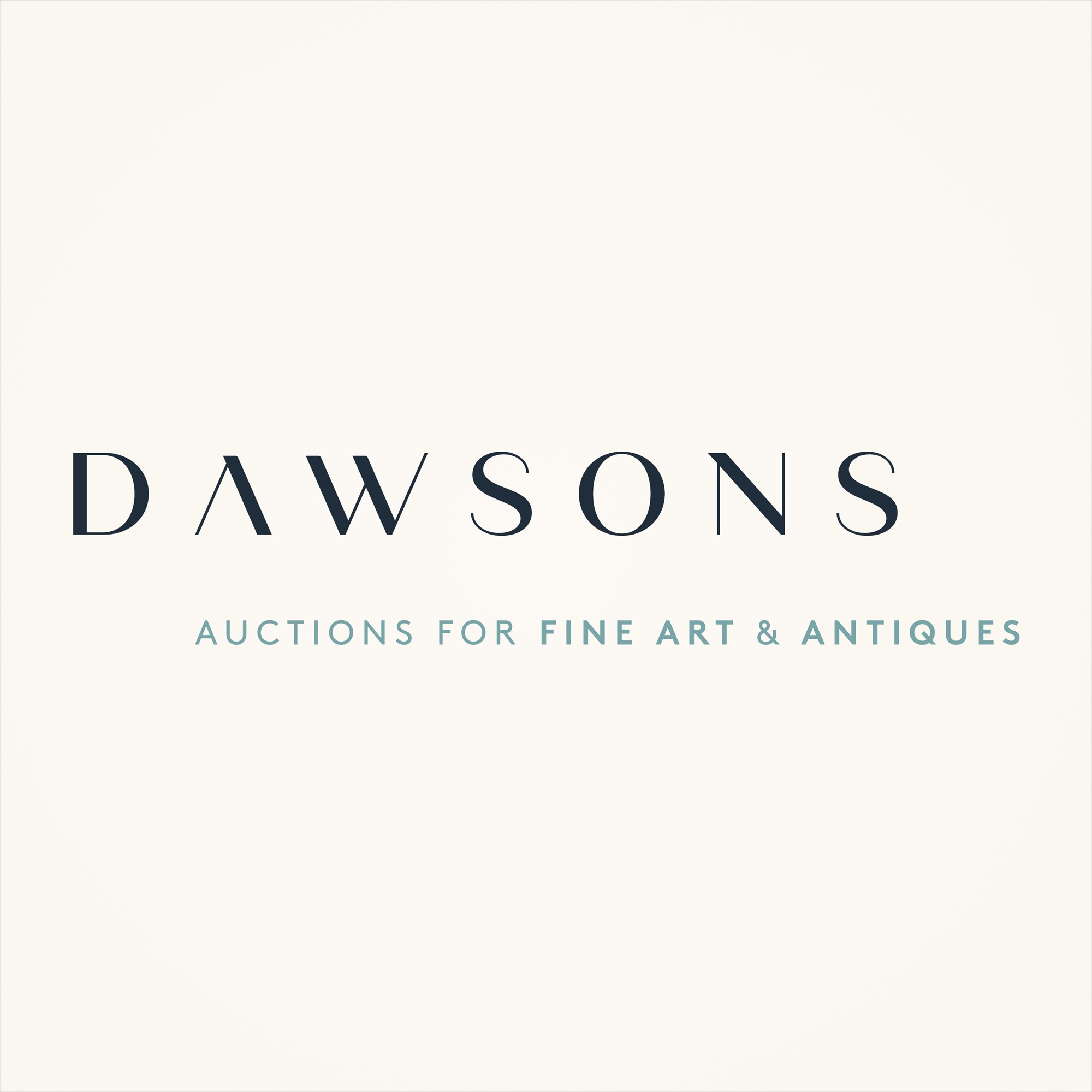(Design at Home, 2nd June 2018) An extremely rare late 1950s Czechoslovakian Borské Sklo cased, cut, enamelled, and gilded 'Expo '58' bottle, designed by Jaroslav Lebeda in 1957 for the World Exposition in Brussels in 1958, the red-pink core overlaid with opaque white glass and cut through with mitre cut curving lines in a grid pattern, with selected areas then enamelled with abstract patterns including a bird on the sea under the sun, series of circles with dots inside, and gilded with motifs including a Greek Key pattern and a stylised figural design, with wavy cut rim, and yellow and gilt embossed foil Expo '58 circular paper label, 32.7cm high This is the most iconic form from this series of vases, bottles and bowls produced for the Czechoslovakian pavilion at the World Expo in Brussels in 1958. Each element of the design updated historic Bohemian glass traditions, from the colours to the style of the casing and cutting, and the Picasso-eques, Modern art inspired choice of motifs for enamelling. The Communist regime banned Modern abstract art, as they deemed it subversive and decadent, in favour of Socialist Realism that supported the Communist ideology. However, they also did not believe that glass could convey a social, ideological or political message, so many artists were free to use glass as a medium to express themselves in a modern manner.
(Design at Home, 2nd June 2018) An extremely rare late 1950s Czechoslovakian Borské Sklo cased, cut, enamelled, and gilded 'Expo '58' bottle, designed by Jaroslav Lebeda in 1957 for the World Exposition in Brussels in 1958, the red-pink core overlaid with opaque white glass and cut through with mitre cut curving lines in a grid pattern, with selected areas then enamelled with abstract patterns including a bird on the sea under the sun, series of circles with dots inside, and gilded with motifs including a Greek Key pattern and a stylised figural design, with wavy cut rim, and yellow and gilt embossed foil Expo '58 circular paper label, 32.7cm high This is the most iconic form from this series of vases, bottles and bowls produced for the Czechoslovakian pavilion at the World Expo in Brussels in 1958. Each element of the design updated historic Bohemian glass traditions, from the colours to the style of the casing and cutting, and the Picasso-eques, Modern art inspired choice of motifs for enamelling. The Communist regime banned Modern abstract art, as they deemed it subversive and decadent, in favour of Socialist Realism that supported the Communist ideology. However, they also did not believe that glass could convey a social, ideological or political message, so many artists were free to use glass as a medium to express themselves in a modern manner.















Try LotSearch and its premium features for 7 days - without any costs!
Be notified automatically about new items in upcoming auctions.
Create an alert